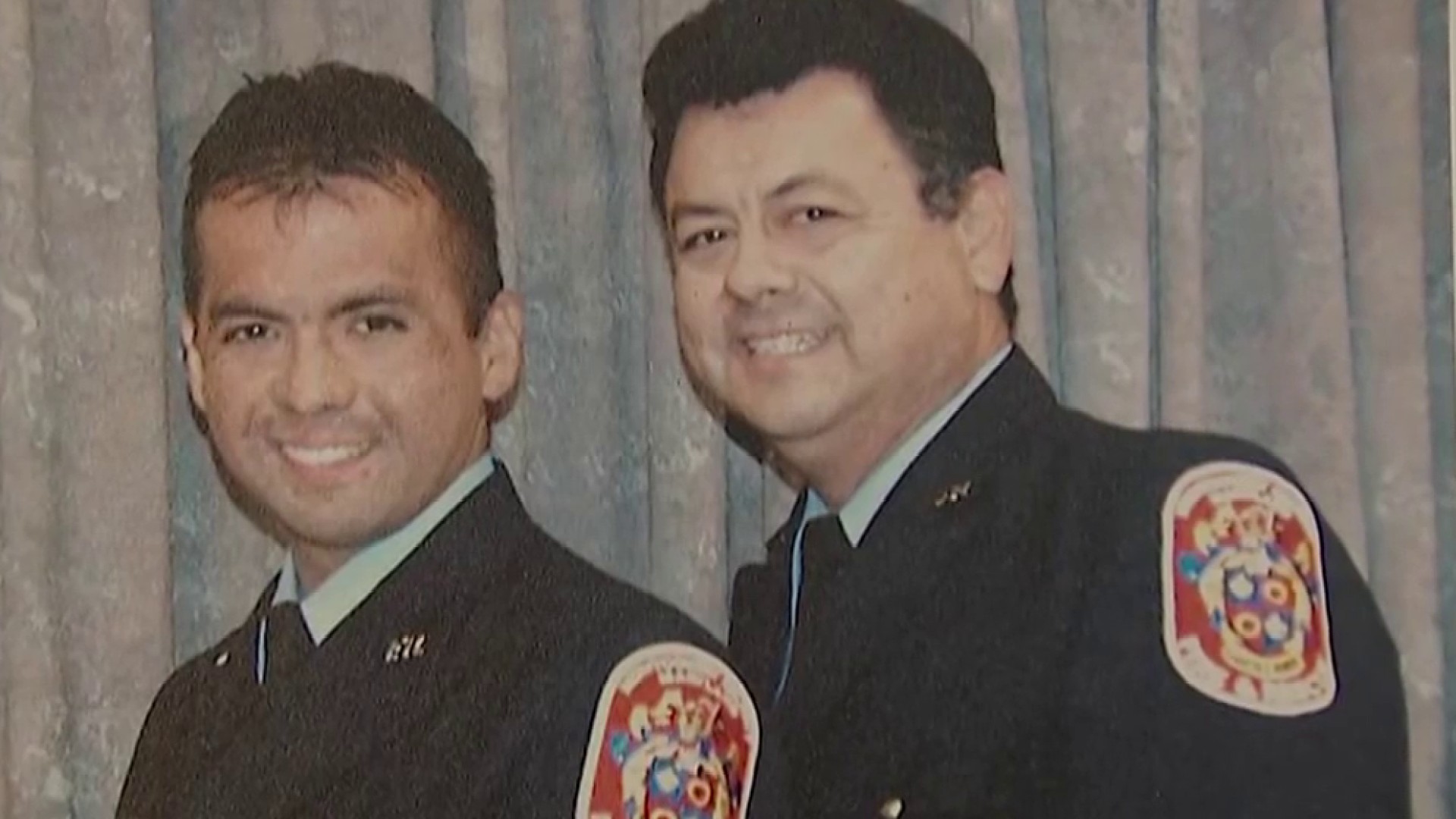During opening statements defenders said Ramos should not be held criminally responsible because of mental illness. News4’s Paul Wagner reports.
The man who killed five people at a Maryland newspaper could not appreciate the criminality of his conduct because he has a delusional disorder and other mental illnesses, a psychiatrist testified Wednesday during the shooter's trial to determine whether he is criminally responsible for the murders.
Dr. Dorothy Otnow Lewis, a psychiatrist retained by defense attorneys, said delusional beliefs have “a great deal” to do with Jarrod Ramos' criminal behavior. She said her conclusions were reached after about 17 hours of interviews with him about the 2018 attack.
“My opinion is that he was not able to appreciate the criminality of what he was doing as a result of his delusional disorder," Lewis testified.
Like two other defense witnesses, Lewis testified that Ramos has Autistic Spectrum Disorder, making him unable to appreciate the magnitude of his actions, and obsessive-compulsive disorder.
We've got the news you need to know to start your day. Sign up for the First & 4Most morning newsletter — delivered to your inbox daily. Sign up here.
“He has a combination of mental problems that, together, seem to cause this kind of violence," Lewis said.
Prosecutors argue Ramos knows right from wrong, noting that he called the police from inside the Capital Gazette newsroom after the attack three years ago, admitted he was the shooter and said he surrendered. He was arrested under a desk in the newsroom.
Defense attorneys contend Ramos had a consuming obsession that he was defamed by the newspaper in a 2011 article about his guilty plea to harassing a former high school classmate online — an article Ramos thought wrongly made him appear to be insane and ruined his life.
Local
Washington, D.C., Maryland and Virginia local news, events and information
After the article was published, he had a well-documented history of harassing the newspaper’s journalists. He filed a defamation lawsuit against the paper in 2012. The lawsuit was dismissed as groundless.

Ramos pleaded guilty in 2019 to 23 counts in the killings of Wendi Winters, John McNamara, Gerald Fischman, Rob Hiaasen and Rebecca Smith at the newspaper on June 28, 2018. He has pleaded not criminally responsible, and the jury trial to determine whether he is entered its sixth day on Wednesday.
Under Maryland’s insanity defense law, a defendant has the burden to show by a preponderance of the evidence that he is not criminally responsible for his actions. State law says a defendant is not criminally responsible for criminal conduct if, because of a mental disorder or developmental disabilities, he lacked substantial capacity to appreciate the criminality of his conduct.
Defense attorneys are presenting their case first. Lewis is scheduled to continue her testimony on Thursday, as the defense nears the end of its case.
Prosecutors, who will be calling expert witnesses of their own, have highlighted during cross-examinations of witnesses that Ramos' doctors have relied largely on testimony from Ramos and his sister in making mental evaluations of him, when he doesn't have a lot of incentive to be honest with them.
Anne Colt Leitess, the Anne Arundel County state's attorney has made repeated references to a state psychiatrist's report that found Ramos to be legally sane. On Wednesday, she said Ramos told Dr. Sameer Patel that Ramos intended to make “a farce” out of the second phase of his trial.
Leitess also noted that Patel's report said Ramos came around to deciding to pursue a plea of not criminally responsible by reason of insanity when he learned his inevitable confinement would be better in a mental health facility than prison, partly because he would have access to a computer and the internet.
Prosecutors have a key expert witness of their own expected to testify later: Dr. Gregory Saathoff, a forensic psychiatrist and a chief consultant for the FBI. He has concluded Ramos is criminally responsible, as evident from his methodical planning both for the attack and for after it.



